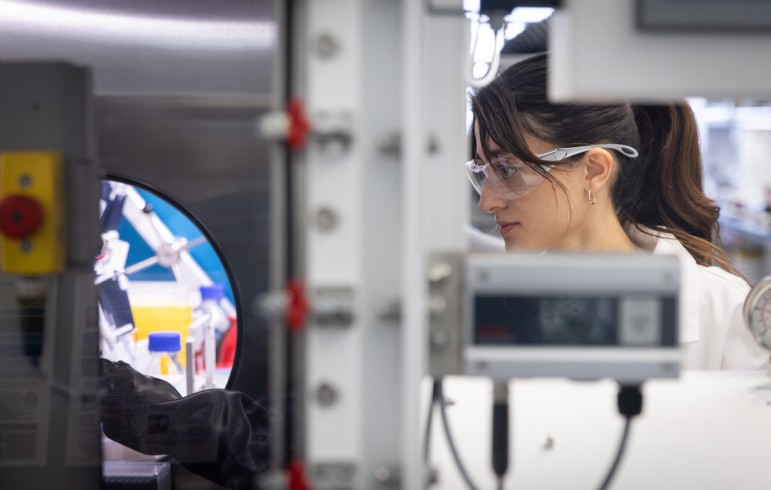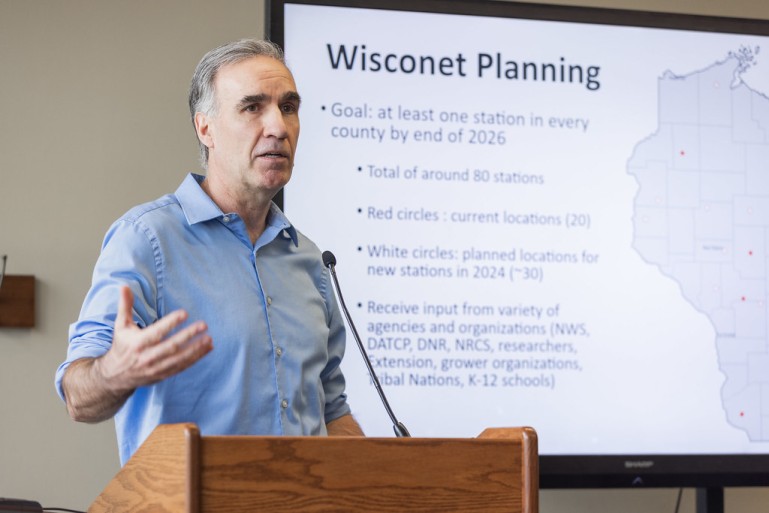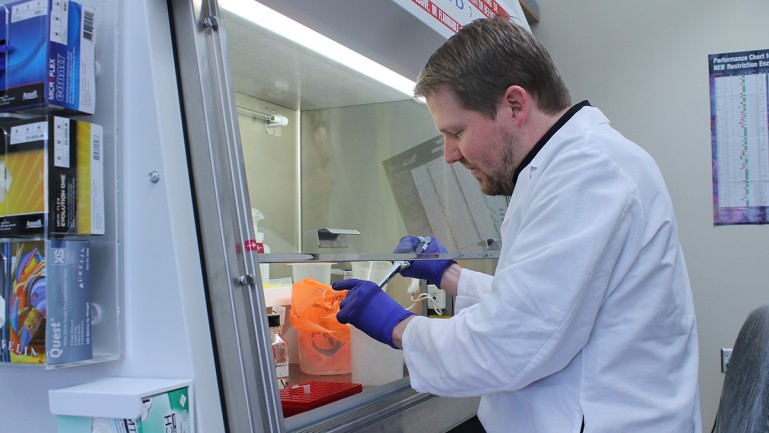Some of the most exciting advancements in modern chemistry don’t require test tubes, bioreactors or even lab coats. Computational chemistry is a branch of the science that uses computer simulations to determine the structure and properties of chemicals and materials.
The August 2020 issue of the journal Topics in Catalysis is dedicated to Paul A. Elfers, James A. Dumesic, and Vilas Distinguished Achievement Professor Manos Mavrikakis in the Department of Chemical and Biological Engineering.
The U.S. Department of Energy’s Bioenergy Technologies Office, part of the Office of Energy Efficiency & Renewable Energy, is funding a new $10 million Multi-University Center on Chemical Upcycling of Waste Plastics (CUWP) under the direction of Richard L.
Depending on who you are, there are many contenders for the most important building on a university campus—the football stadium, the chancellor’s office or the coffee shop.
Media coverage of WEI this month focused on exploring the lower cost of solar, effective science communication, and employing more sustainable uses for dairy waste.
Fatty acids, the compounds that give a diet rich in leafy greens and fish its antioxidant and anti-inflammatory benefits, are now also heralded for their versatility as raw materials in bioenergy production.
Chemists at the University of Wisconsin–Madison and their collaborators have created a highly efficient and long-lasting solar flow battery, a way to generate, store and redeliver renewable electricity from the sun in one device.



